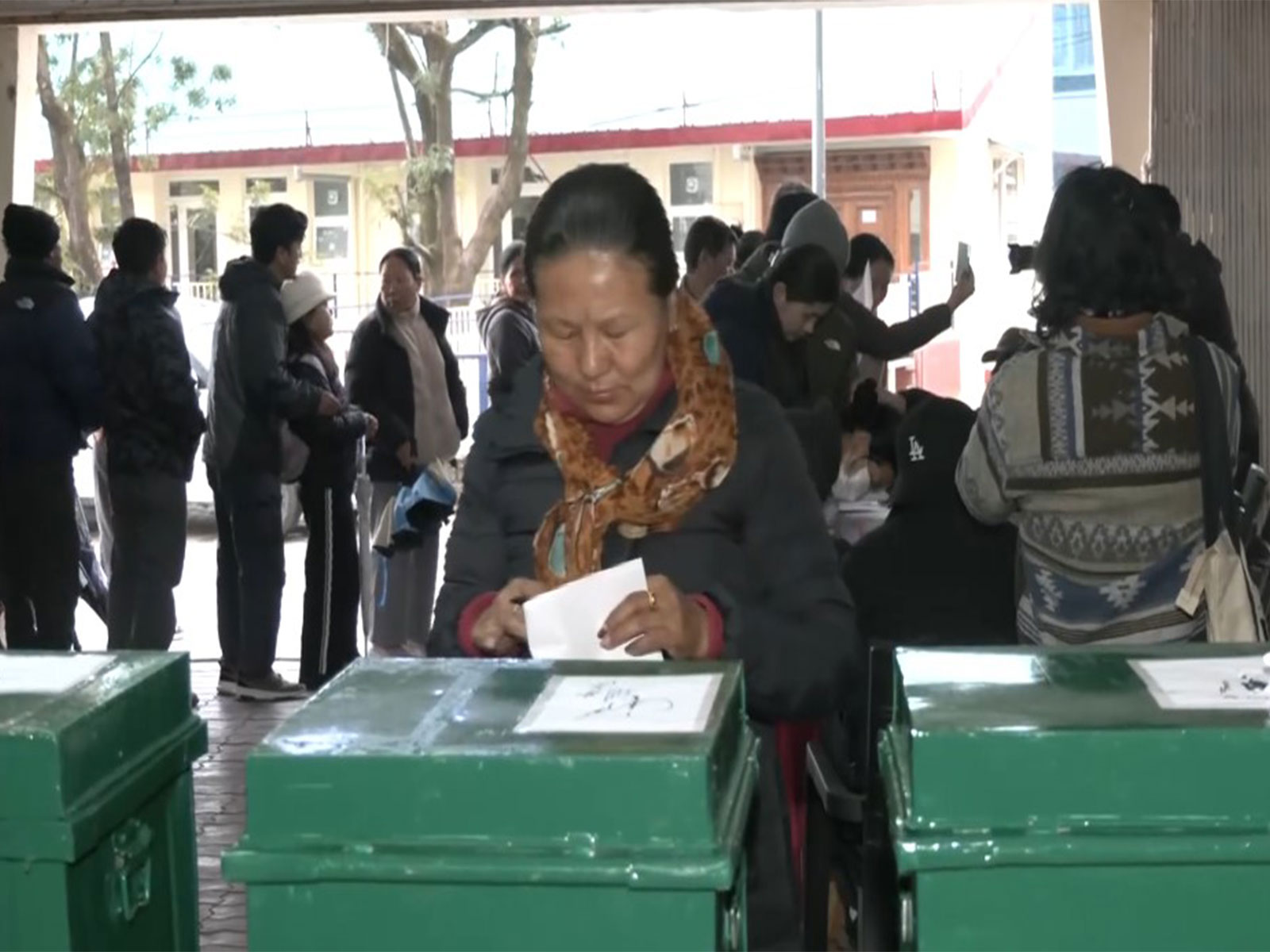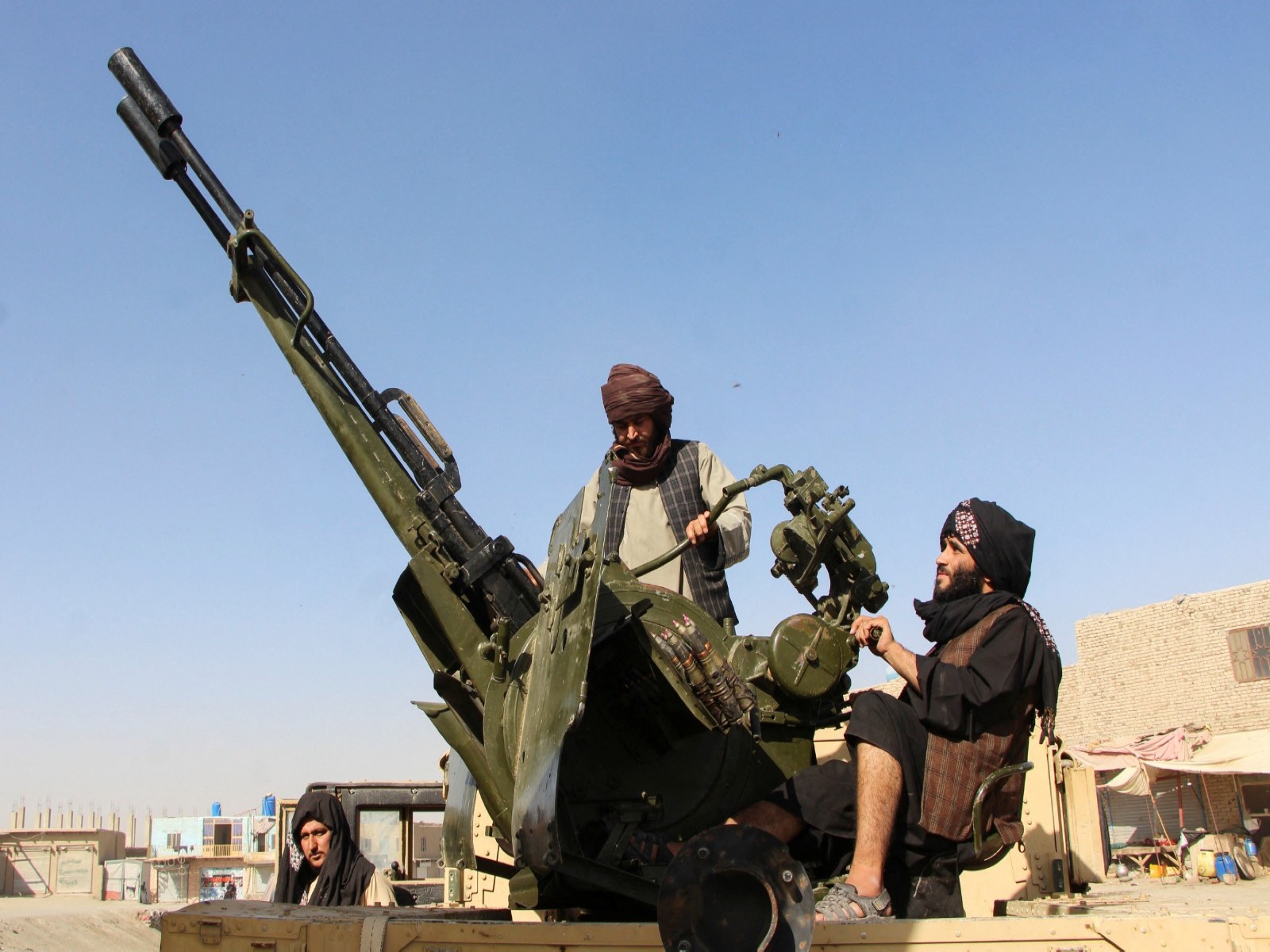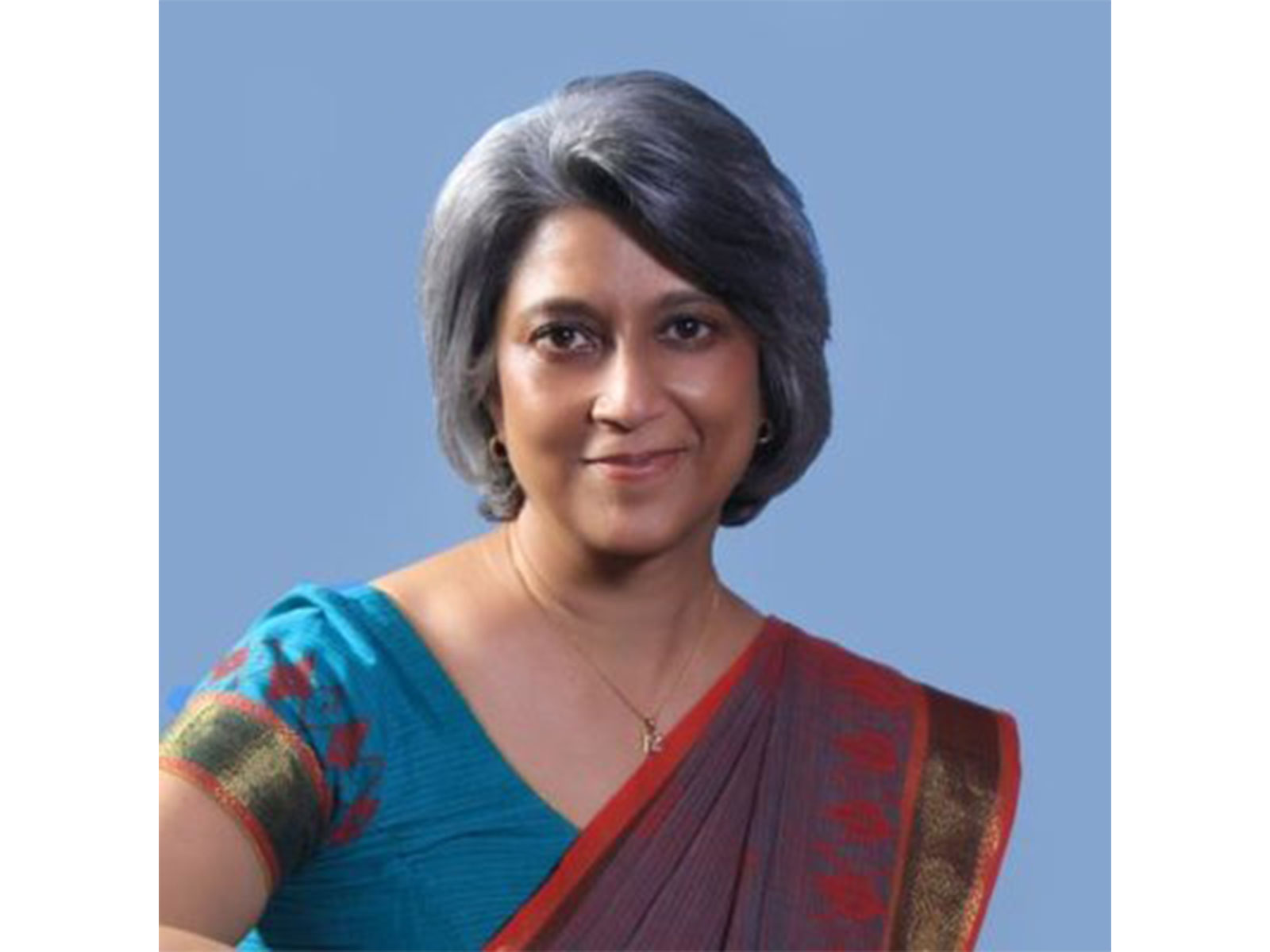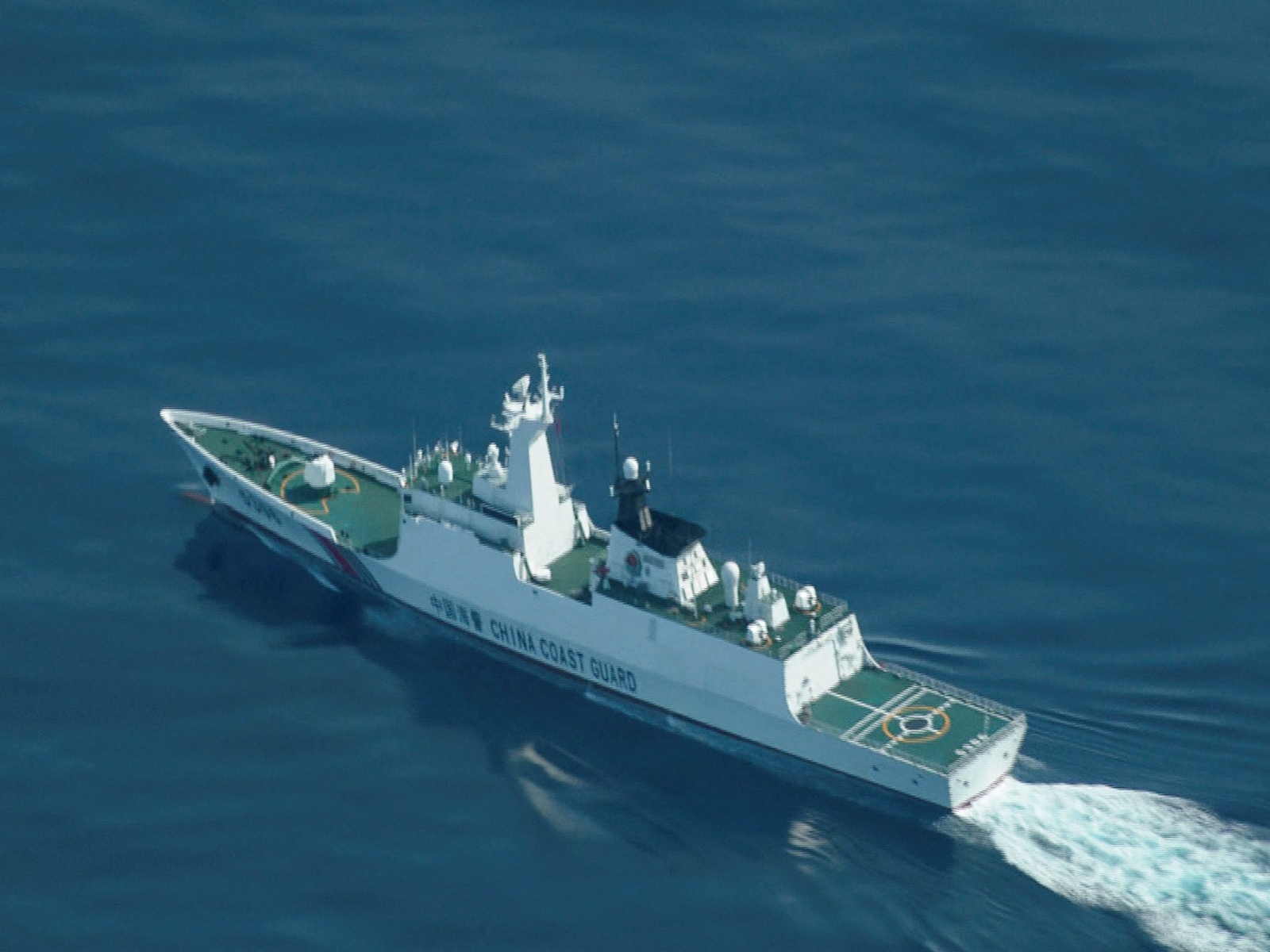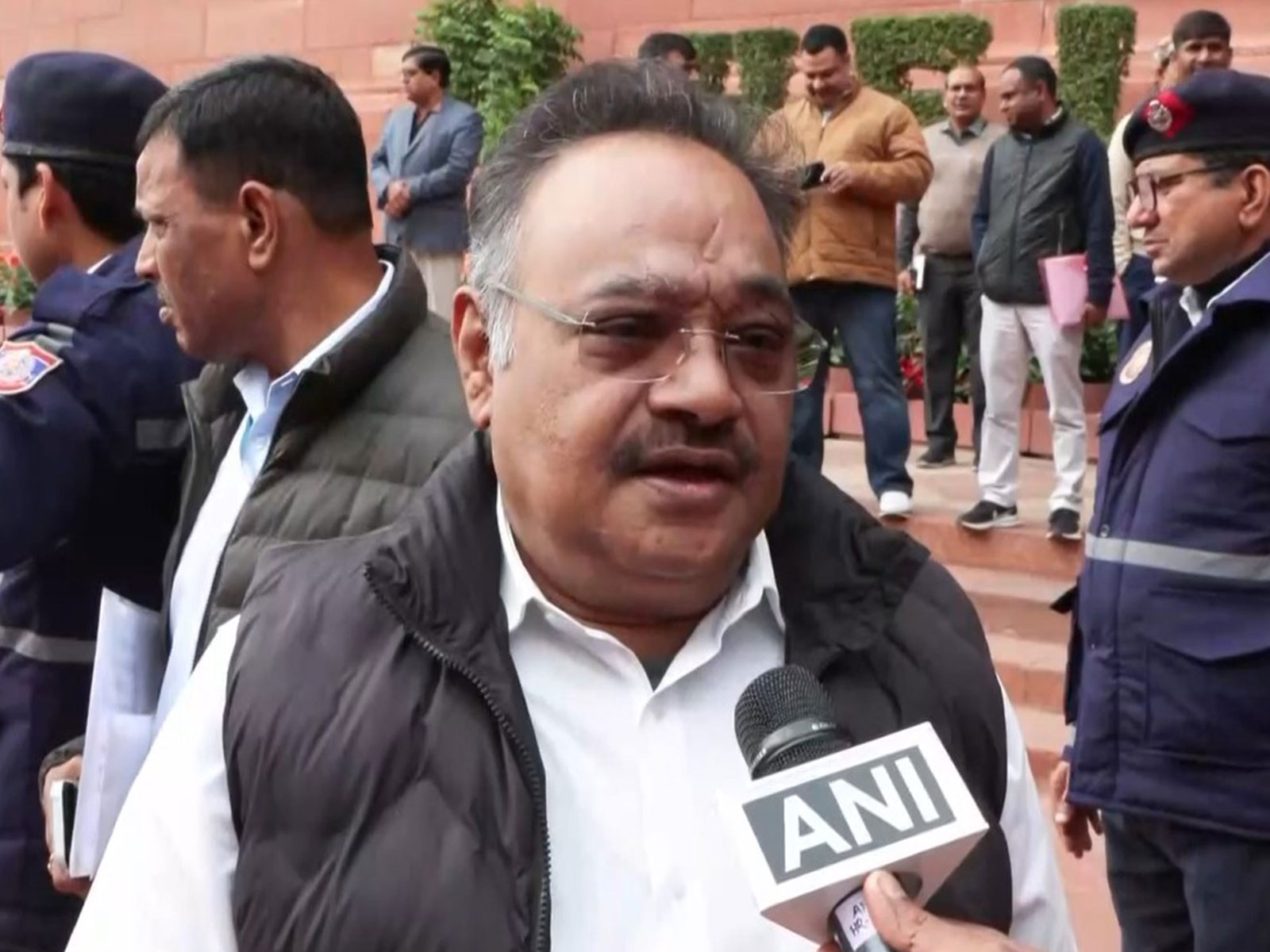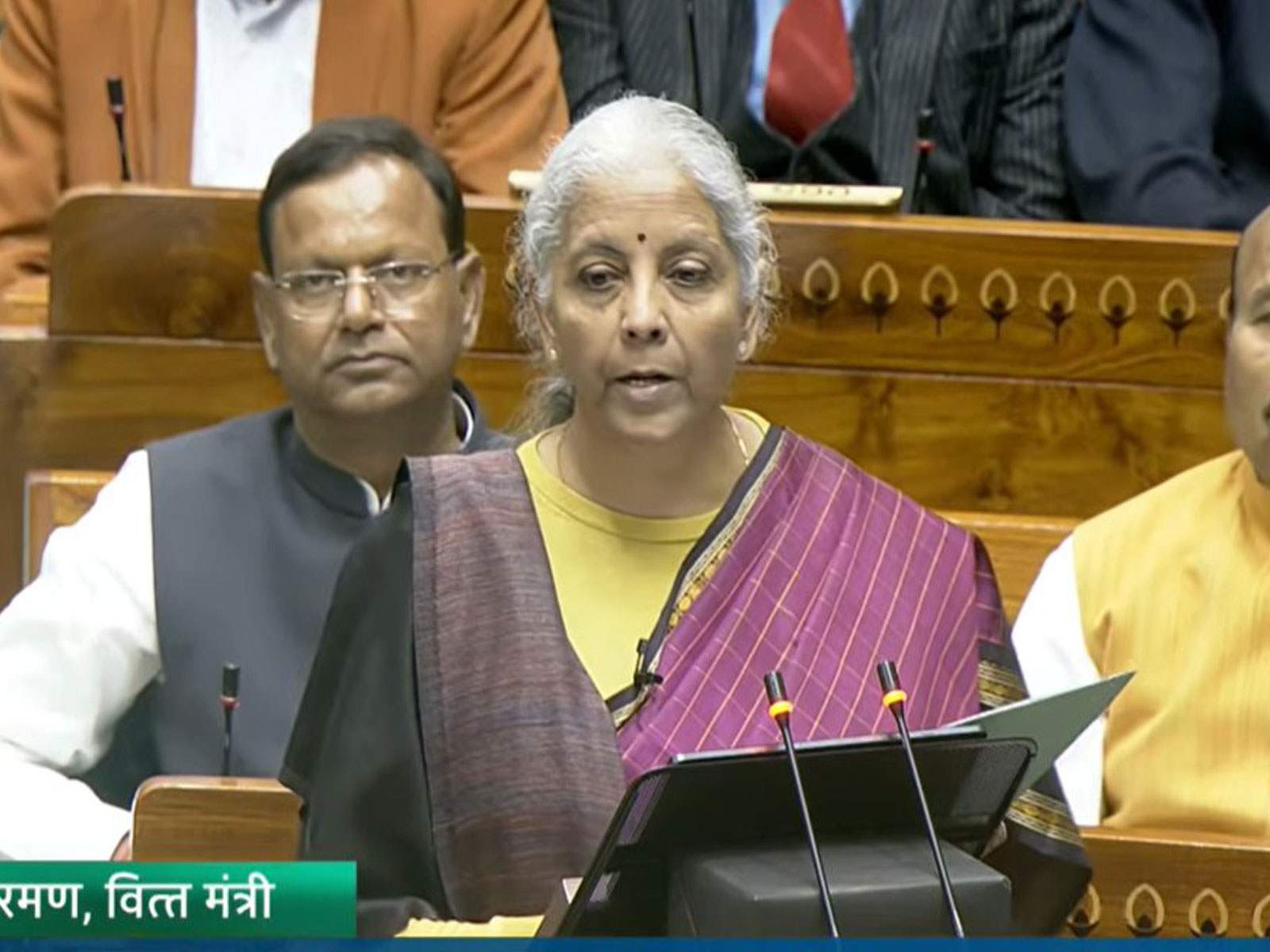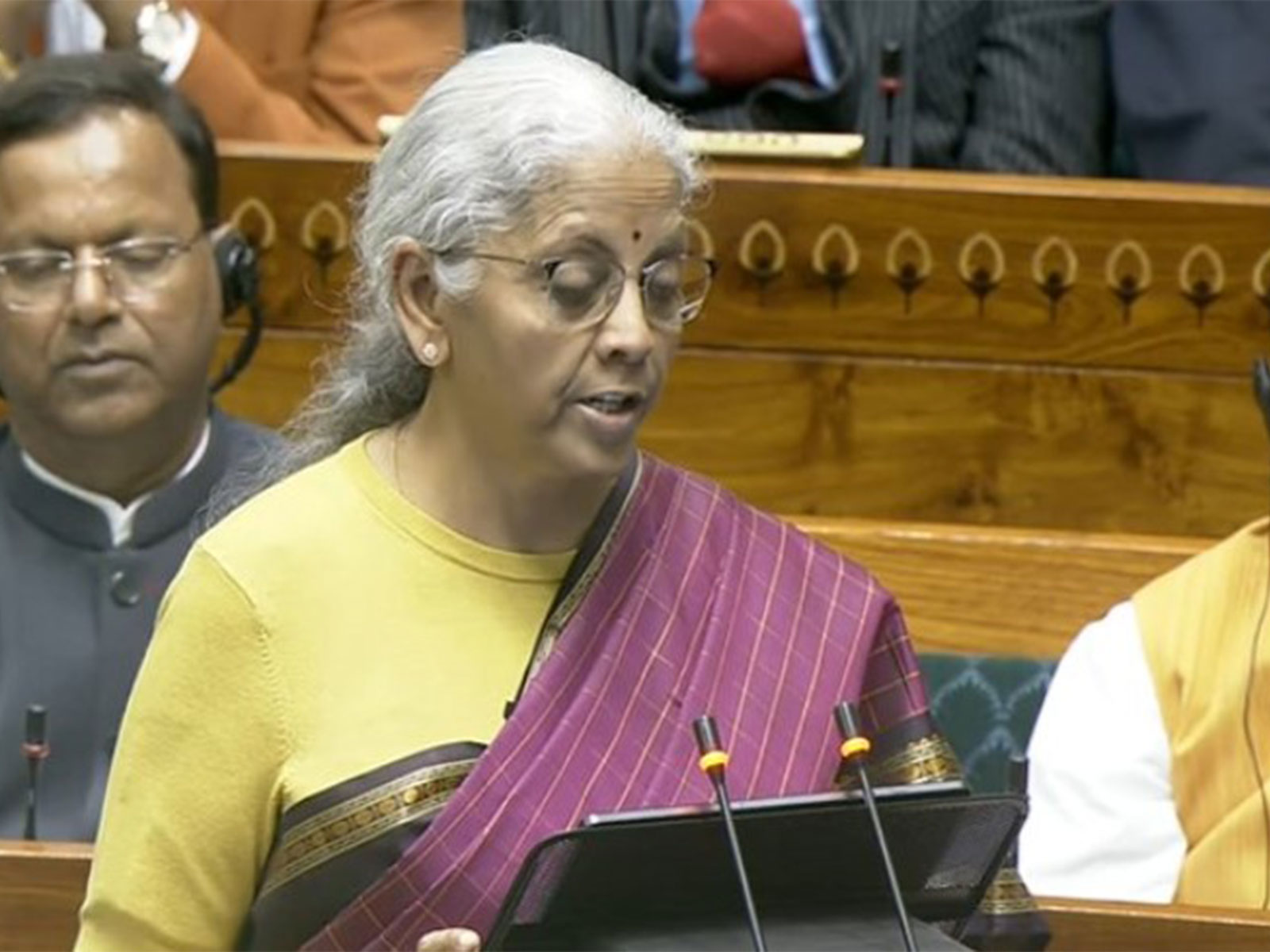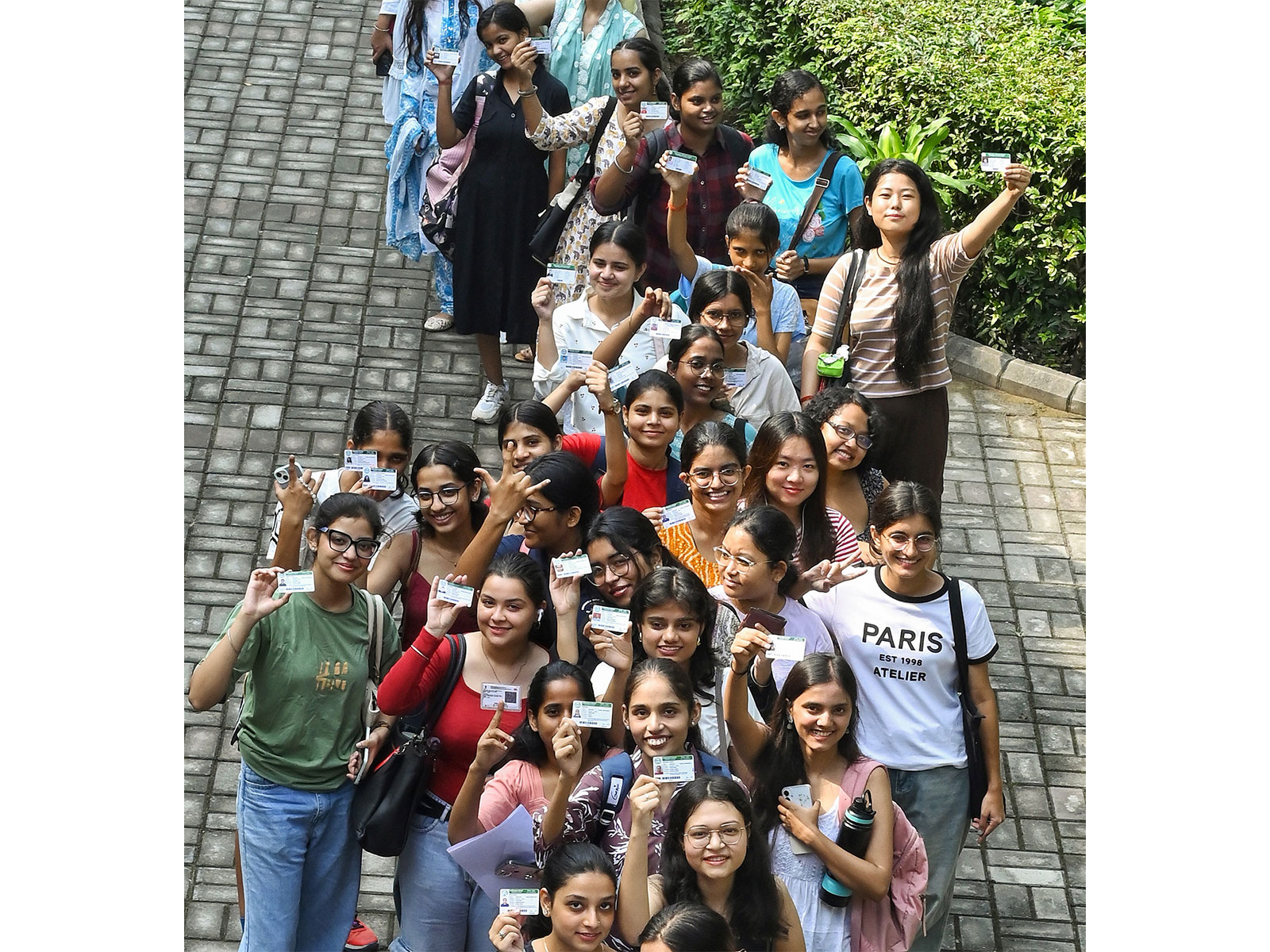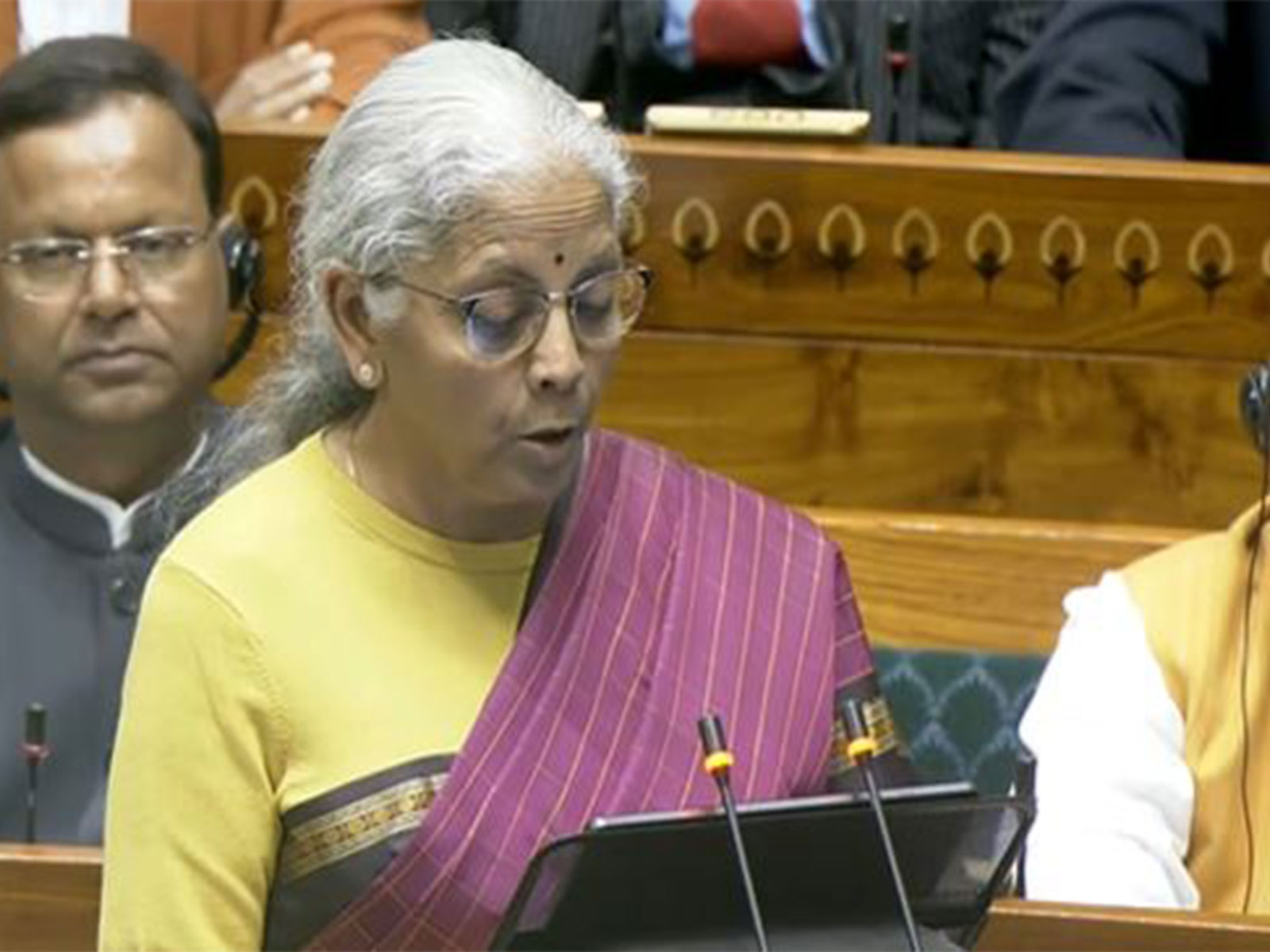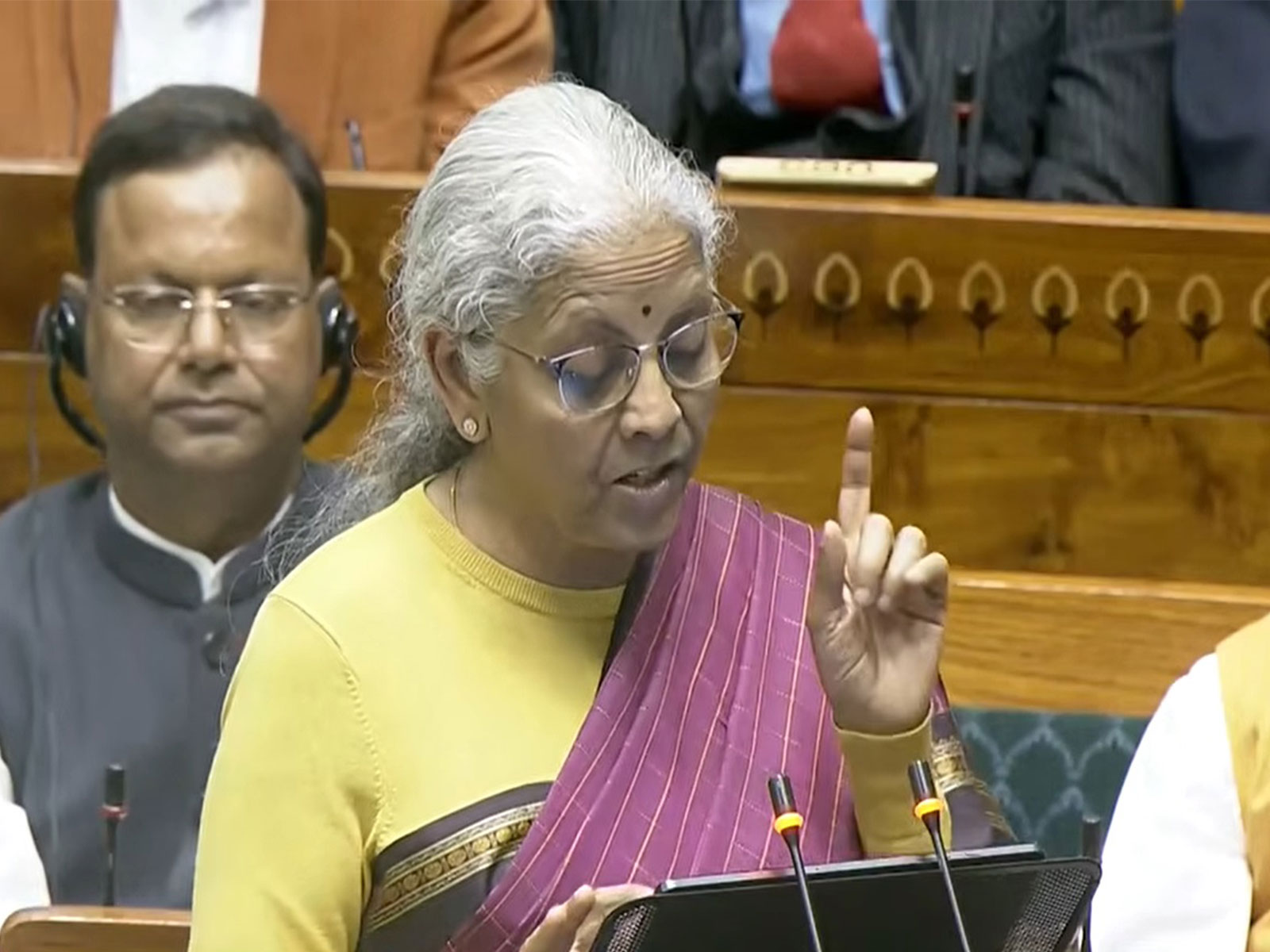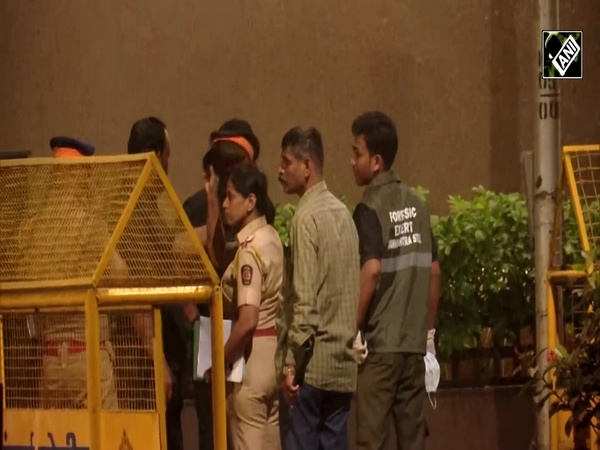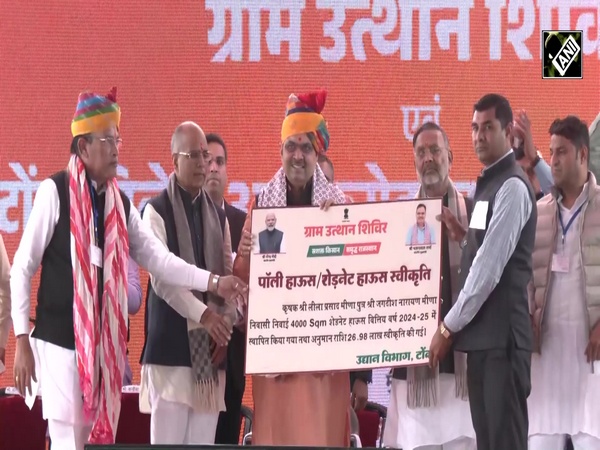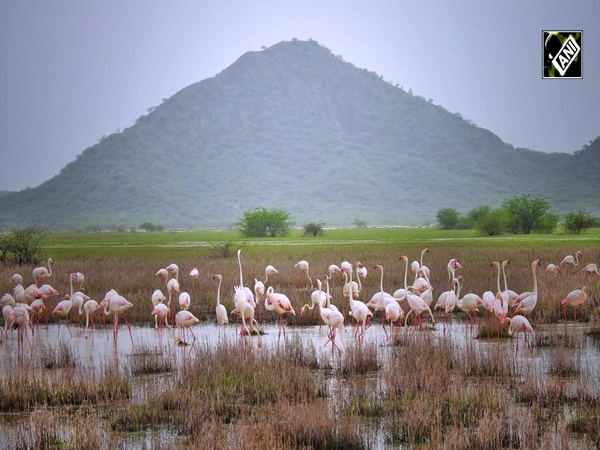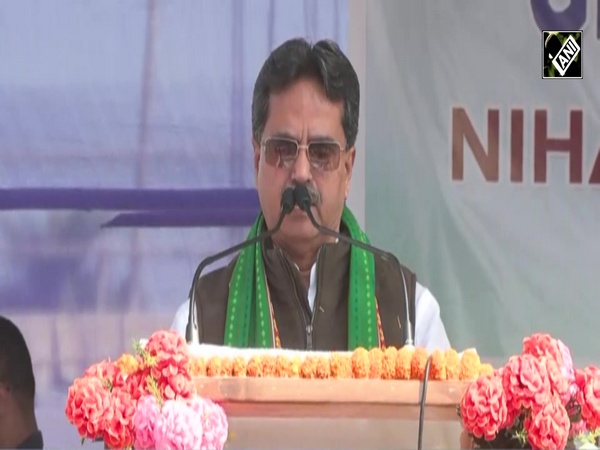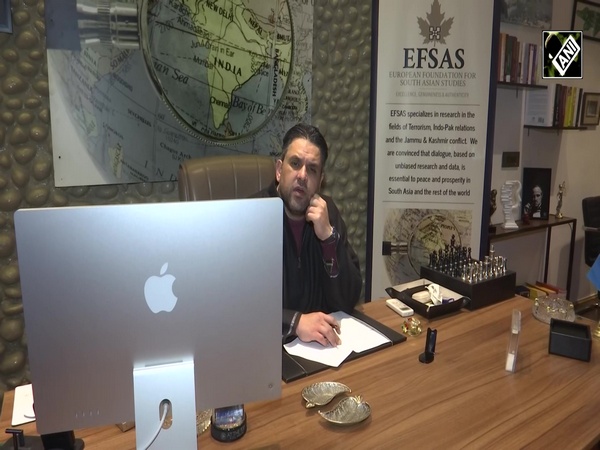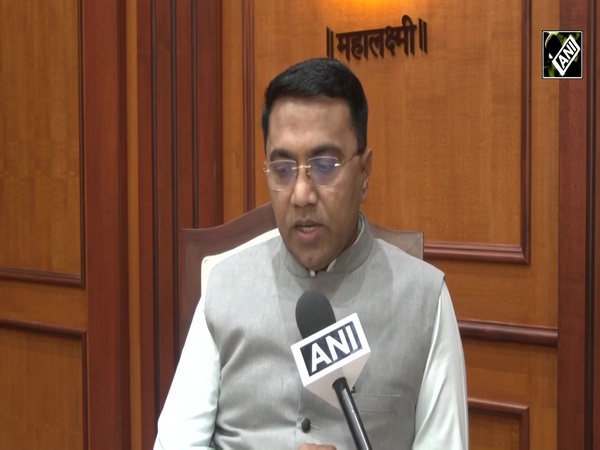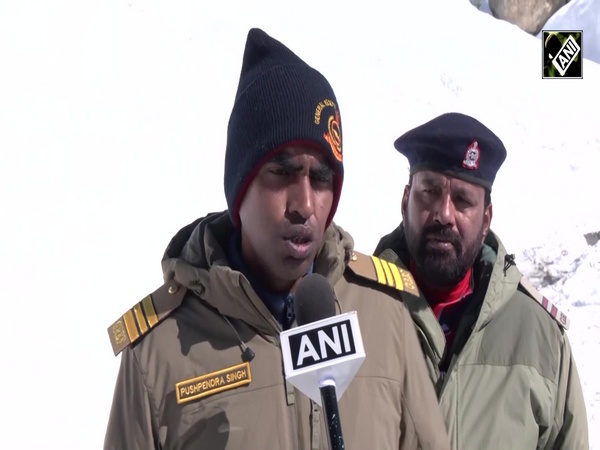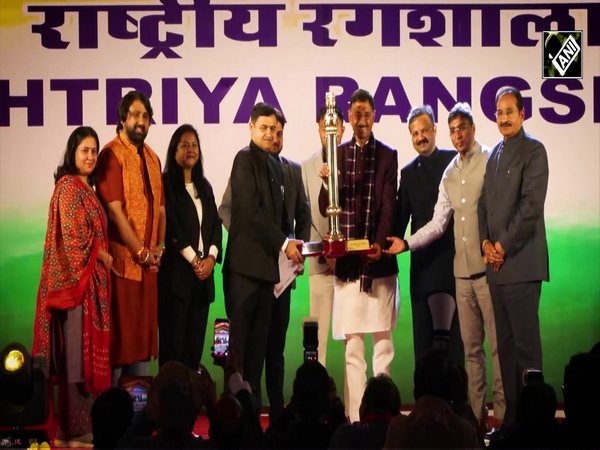17 countries elected into UN Economic and Social Council for 3-year term
Jun 11, 2022

New York [US], June 11 (ANI/Xinhua): Seventeen states were elected Friday into the UN Economic and Social Council (ECOSOC), the coordinating body for the economic and social work of UN agencies and funds, for a three-year term.
The states were elected by secret ballot with a two-thirds majority of the member states present and voting in the UN General Assembly.
Elected were Botswana, Cape Verde, Cameroon, Equatorial Guinea from African states; China, Laos, Qatar, South Korea from Asia-Pacific states; Brazil, Colombia, Costa Rica from Latin America and Caribbean states; Denmark, Greece, New Zealand, Sweden from Western European and other states; Slovakia and Slovenia from Eastern European states.
They were elected for a three-year term beginning Jan. 1, 2023.
Of the 17 states, Botswana, China, Colombia, Denmark, Greece, New Zealand and South Korea were re-elected.
In a by-election for rotation within the Western European and other states group, Liechtenstein was elected for a one-year term beginning Jan. 1, 2023. It will replace Austria.
After Friday's voting, one seat remains to be filled for the Eastern European group for a three-year term beginning Jan. 1, 2023, as no other candidate besides Slovakia and Slovenia could obtain a two-thirds majority after six rounds of voting.
In the first round, Russia won 118 votes, 10 votes short of a two-thirds majority. It entered a second-round runoff with North Macedonia, which gained the second-largest number of votes in the group after Russia.
In the subsequent rounds, first restrictive then unrestrictive, neither Russia nor North Macedonia could gain enough votes for election. A new set of rounds will take place at a later date to be determined.
ECOSOC has 54 members, which are elected each year by the General Assembly for overlapping three-year terms. Seats on the council are allocated on the basis of geographical representation with 14 seats to African states, 11 to Asia-Pacific states, six to Eastern European states, 10 to Latin American and Caribbean states, and 13 to Western Europe and other states. (ANI/Xinhua)
